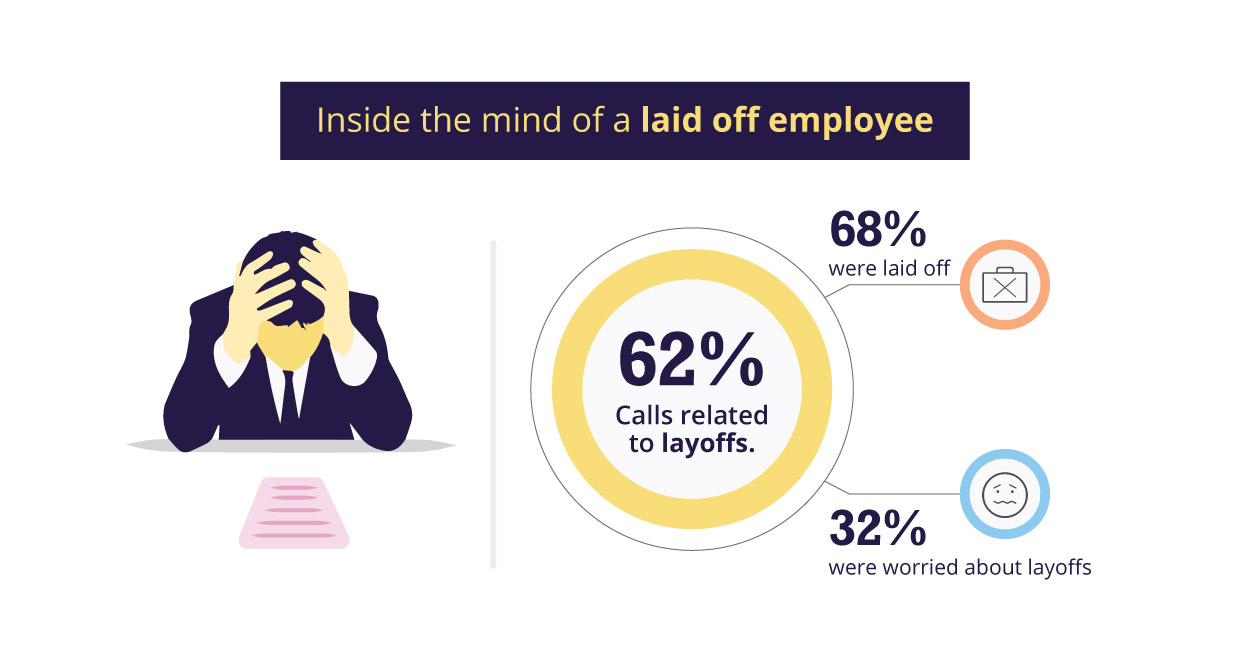Whether you are having a job interview, or an interview to get through a coveted MBA institute, the thought of ‘it’ turning into a stress interview gives many a cold sweat. For an interviewee stress interview is no less than a nightmare.
However, before we discuss how to handle stress interviews, it is important to first understand the-what-and-why of stress interviews.
What is a Stress Interview?
In stress interviews, the candidates are being tested on their abilities to handle stress and adverse – and often awkward – behaviour. In order to intimidate the candidate, the interviewer uses unexpected behaviour, aggressive questions, tricky and out of context puzzles and sometimes even repeats the same question several times to make the candidate feel he is wrong.
Why are Stress Interviews conducted?
During the stress interview, the interviewer tries to evaluate the applicant’s behaviour under stress by trying to evoke an emotional reaction from the applicant. The stress interviewing technique is typically used only for positions in which the job-seeker will be facing stress on the job and the interviewer wants to see how well he or she can handle the pressure.
Also, in the case of an MBA admission, the technique might be used to gauge if the candidate is capable of handling academic pressures.
Signs That Show You Are in a Stress Interview:
Many candidates don’t realise that they are sitting in a stress interview room. Unaware they end up making several mistakes which can act against them.
The most common way in which a candidate can identify if he or she facing a stress interview is through the behaviour of the interviewer. Some of the common patterns are:
- Displaying a hostile attitude
- Too ggressive or arrogant
- Behaving in an uninterested manner
- Avoiding eye contact
- Interrupting during answers
- Failing to “listen”
- Taking notes during the interview
- Taking long breaks in between questions
- Asking irritating or ‘demanding’ questions
- Disagreeing and arguing over points
- Repeating the same questions
- Making sarcastic comments such as – “Is this your answer? Are you sure about that?”
- Making you wait a long time before the interview starts
Want to get more tips on how to prepare for personal interviews for job interviews, MBA entrances and other competitive exams? Do talk to YourDOST experts.
Here Are a Few Things You Should do While in a Stress Interview:
- Remain Calm: No matter how difficult the interview gets you should always keep calm and maintain your composure. The moment you show your anger, the interview is over.
- Structure Your Thoughts: Don’t rush to make an answer. Always get your thoughts first, structure it and then respond.
- Be Objective: While the interviewer may try and intimidate you to make opinion based answers, you must ensure that your replies are based on and backed by facts and reasons. In case you are unclear about something, ask for clarifications or make necessary assumptions but state the assumptions you are making.
- Be Assertive: If you are confident of your answer, you can be assertive about it and politely convey to the panellist of what and why you think you are right. But remember – being assertive is not the same as being aggressive.
- Take a Stand: You must be consistent with your response and stand on a firm ground with it. No matter how much the interviewer tries to shake your confidence, you must keep re-instating the facts to arrive at an answer.
- Don’t shy away from accepting your mistakes: It is likely to happen that you can make a mistake while answering. Acknowledge your mistakes graciously and ask for a permission to correct it.
- Express Gratitude: When the interview is done, express your gratitude by saying statements such as, “thank you for the opportunity” and leave with a smile.
Yes, stress interview will stress you out; but isn’t that the purpose of it. Don’t worry, stay calm and get over with it. Everything will then fall in place.
Like this post? Check our other post on interview preparation:




